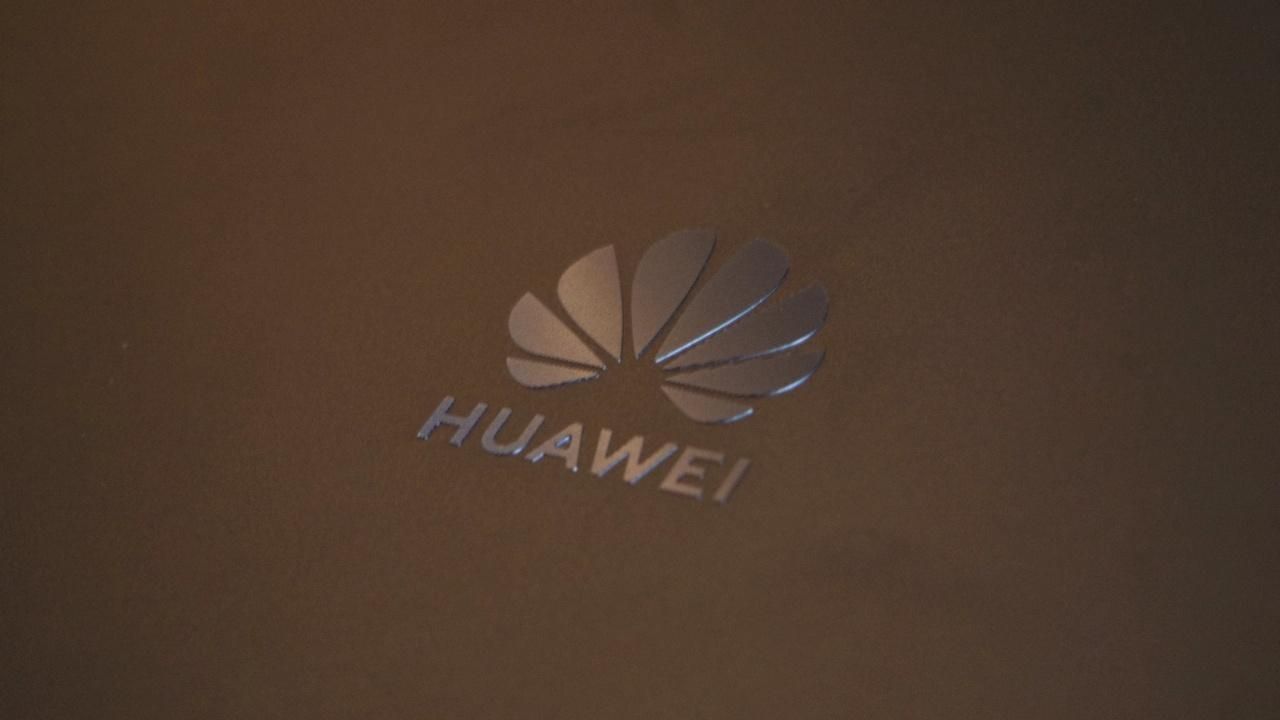The issue of intellectual property theft by Chinese companies has been a major sticking point in trade talks between Washington and Beijing. Huawei has been sought out by the FBI on charges related stealing trade secrets from T-Mobile.
But those allegations date back to an act committed in 2014. Is Huawei still actively pursuing things to copy off and make for its own purposes? According to accounts obtained by Bloomberg Businessweek, the answer could be “yes.”
It started with Huawei approaching Akhan Semiconductors in 2017 about procuring its new smartphone cover glass product called Miraj, said to be 6 times stronger and 10 times more resilient to scratches than Corning Gorilla Glass thanks to a microcoating of artificial diamond on the substrate.
Akhan became skeptical after the telco failed to return the samples within an agreed-upon date. When COO Carl Shurboff had received his stock back a month later, he found that some samples were broken and shards of his glass product were missing from the box. It looked like Huawei broke another part of the agreement that specified testing would be limited so that the product would not be damaged — a stipulation designed to prevent companies from studying and recreating the product on their own.
FBI agents have been establishing relationships with small vendors to track Chinese counterfeiting over the past several years and Akhan happened to be one of them. Shurboff got in touch with a special agent during a seminar on trade espionage and his case was taken up immediately. After plenty of forensic analysis and tracing back email trails, an opportunity came up for both Shurboff and inventor Adam Khan: Huawei proposed meeting in Las Vegas around the time of CES 2019.
Shurboff and Khan eventually met two Huawei executives. For their part, they were consumed with signing Akhan to a supply agreement, though Khan was concerned about how the samples were treated — both reps claimed they didn’t know what went on and said that the samples were sent to China, then directly back to Akhan.
The investigation eventually led to an FBI raid on Huawei’s San Diego facilities on January 28. It is still ongoing. Shurboff, however, has gone public with the story because he didn’t want the company to act like it was ruffling feathers with other potential buyers — one of them approached Khan in the days following the Huawei meeting and he felt compelled to turn down negotiations.
Akhan released a statement on its role in the FBI matter that can be read at the source link below this story. Huawei and its individual representatives who dealt with Akhan were reached independently — both claimed ignorance on the matter and declined further comment.

